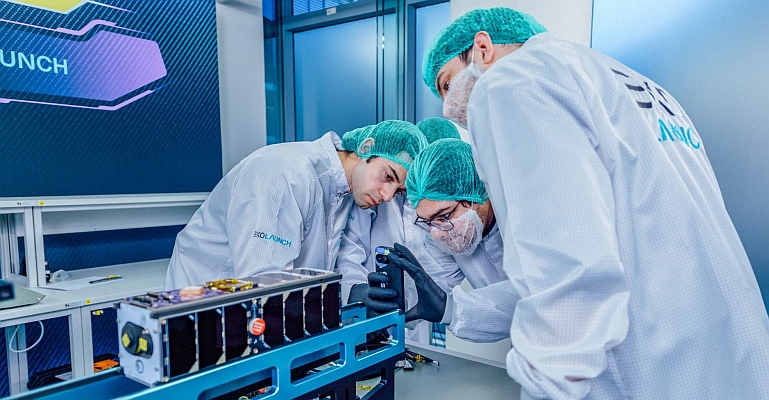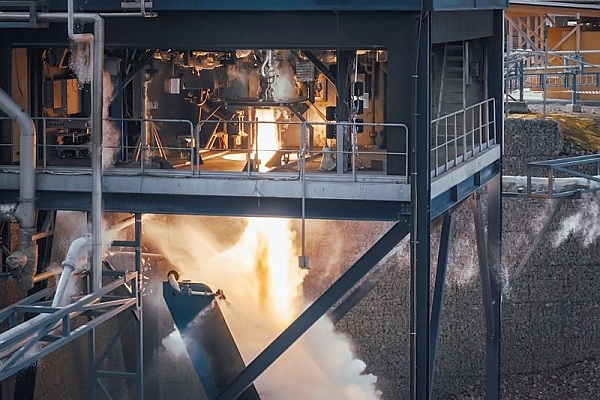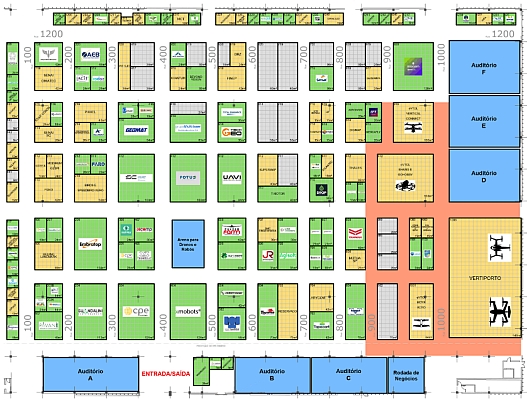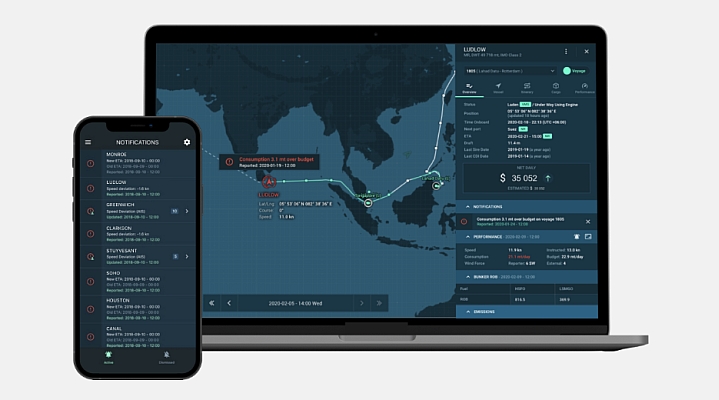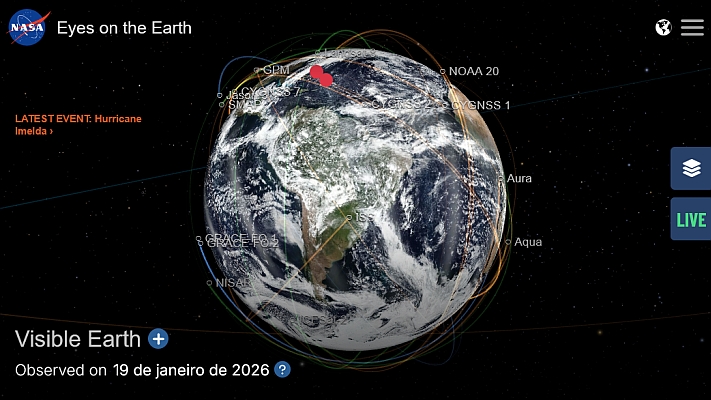Taking people to the space, either Space X or Blue Origin tourists, astronauts or whoever is bound to live in colonies in the Moon or Mars in the future, is undoubtely a great part of a process which is being called New Space, a new way of reaching and using the space, mainly moved by the private initiative.
Another part of this process, almost invisble, is the cargo transportation to provide infrastructure for space stations and carry new artifacts to place them into orbit, such as mapping, location, communication and broad band satellites. Not mentioning the nanosatellites, which weigh less than 10 kilograms and enable any startup to join this market.
In the past, sending something to space was terribly expensive. But with high technology and the simplification of launching operations, that cost has already decreased 25 times, according to Nasa. And the trend is that it will get even cheaper. It’s the logic of more for less. In fact, much more, since the space sector is still a business of billions of dollars. According to the Satellite Industry Association (SIA) and Morgan Stanley’s Space Team, the sector revenue in 2020 was US$ 341 billion and the forecast to 2040 is to surpass US$ 1 trillion.
It’s important to highlight that the opportunities are not only the ones directly involved in the space sector. It echoes in many other economy sectors and has direct and indirect influence over other markets, such as health, mining, environment and pure and applied science. The global positioning technology, popularly known as GPS, and the increasingly more precise satellite images enable us to know each and every detail of the planet and forecast the weather with more accuracy.
When we are in space, we can look at the Earth and detach ourselves from the ideological, nationalist, cultural and religious shackles to value the planet even more as our current home, keeping its resources in a sustainable way and preparing ourselves to expand our borders out of here.
Our curiosity as human beings led us to get out of the Stone Age, conquest oceans, prove that the Earth is not the center of the universe, prove the evolution theory, conquest new continents, even if sometimes not in the best way. We have been evolving and living in a world with more resources. If not yet for everyone, at least for a significative part of the earthlings.
For this reason, the future of the space conquest is not only favorable to Elon Musk, Jeff Bezos and Richard Branson. Hundreds of other companies are part of this productive chain with thousands of people involved and billions of earthlings being impacted. This new moment of the space sector is exciting, with predominance of the private initiative and the applications for civil use.
Daring to go further into the space and seeing the Earth under this point of view can bring us more peace and prosperity.
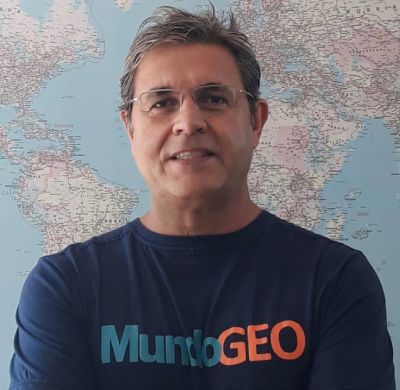
*Emerson Granemann is the CEO of MundoGEO, company that conceived and organized the SpaceBR Show, a 100% online and free of charge event about the space sector.



